Two years after floods and landslides hit farms in the northwest during August 2017, work is yet to begin as part of a DAERA-funded scheme to replace fencing.
Remedial measures were to be completed by the Loughs Agency during 2018, along four river catchments in the Glenelly and Owenkillew rivers, under the £500,000 project.
On enquiry, a DAERA spokesperson confirmed that agreements have been signed with landowners over the last few months, however fencing work remains behind schedule.
“This funding is to be used primarily for the erection of riparian fencing, and work is to commence shortly,” the spokesperson told the Irish Farmers Journal.
An aid package worth up to €15,000/farm was provided by the Irish government for farmers in Co Donegal that were affected by the August 2017 floods. Last week, a £2m fund was announced by the UK government for farmers affected by recent floods in Yorkshire.
However, with no minister in place at DAERA, a similar scheme could not be signed off in NI to help flood-affected farmers cover costs associated with lifting deposited material, reseeding, fencing and replacing dead livestock.
“Contractors were helpful and were able to wait on money, but it still cost me over £50,000 to get squared up. It’s a pity we hadn’t someone in government to chase something up for us,” said Drew Flemming from Gortin.
Progress
Despite the lack of financial help, local farmers have made significant progress in improving land condition.
Figures obtained from DAERA show that only 7ha of land that was damaged in the August 2017 floods was still declared as ineligible for area-based payments in the 2019 scheme year.
Five farm businesses submitted force majeure forms with Single Applications in May 2019 to allow ineligible land to be claimed under exceptional circumstances.
The figures compare with 1,112ha across 223 farm businesses which had to be claimed under force majeure in the 2017 scheme year as a result of the floods. In the 2018 scheme year, 68 farm businesses submitted force majeure applications for 459ha of damaged land.
The main task for farmers was to remove material that was deposited during floods. Piles of silt and stones remain a common sight in fields around the Glenelly and Owenkillew rivers as moving the material off farm was costly and required authorisation from the NI Environment Agency.
In upland areas, DAERA guidance was to let upland vegetation regenerate naturally without intervention.
Read more
40% of flooded land still ineligible in 2018
My Farming Week: Dermot O'Brien, Glenelly, Co Tyrone
Two years after floods and landslides hit farms in the northwest during August 2017, work is yet to begin as part of a DAERA-funded scheme to replace fencing.
Remedial measures were to be completed by the Loughs Agency during 2018, along four river catchments in the Glenelly and Owenkillew rivers, under the £500,000 project.
On enquiry, a DAERA spokesperson confirmed that agreements have been signed with landowners over the last few months, however fencing work remains behind schedule.
“This funding is to be used primarily for the erection of riparian fencing, and work is to commence shortly,” the spokesperson told the Irish Farmers Journal.
An aid package worth up to €15,000/farm was provided by the Irish government for farmers in Co Donegal that were affected by the August 2017 floods. Last week, a £2m fund was announced by the UK government for farmers affected by recent floods in Yorkshire.
However, with no minister in place at DAERA, a similar scheme could not be signed off in NI to help flood-affected farmers cover costs associated with lifting deposited material, reseeding, fencing and replacing dead livestock.
“Contractors were helpful and were able to wait on money, but it still cost me over £50,000 to get squared up. It’s a pity we hadn’t someone in government to chase something up for us,” said Drew Flemming from Gortin.
Progress
Despite the lack of financial help, local farmers have made significant progress in improving land condition.
Figures obtained from DAERA show that only 7ha of land that was damaged in the August 2017 floods was still declared as ineligible for area-based payments in the 2019 scheme year.
Five farm businesses submitted force majeure forms with Single Applications in May 2019 to allow ineligible land to be claimed under exceptional circumstances.
The figures compare with 1,112ha across 223 farm businesses which had to be claimed under force majeure in the 2017 scheme year as a result of the floods. In the 2018 scheme year, 68 farm businesses submitted force majeure applications for 459ha of damaged land.
The main task for farmers was to remove material that was deposited during floods. Piles of silt and stones remain a common sight in fields around the Glenelly and Owenkillew rivers as moving the material off farm was costly and required authorisation from the NI Environment Agency.
In upland areas, DAERA guidance was to let upland vegetation regenerate naturally without intervention.
Read more
40% of flooded land still ineligible in 2018
My Farming Week: Dermot O'Brien, Glenelly, Co Tyrone




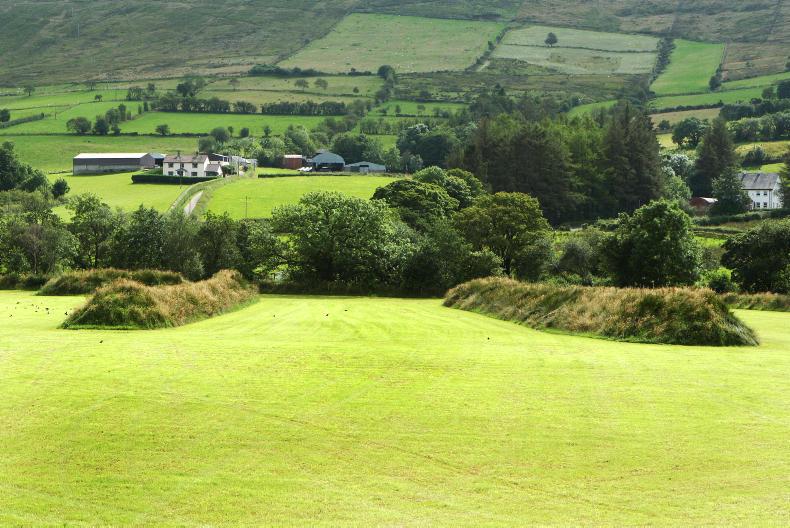
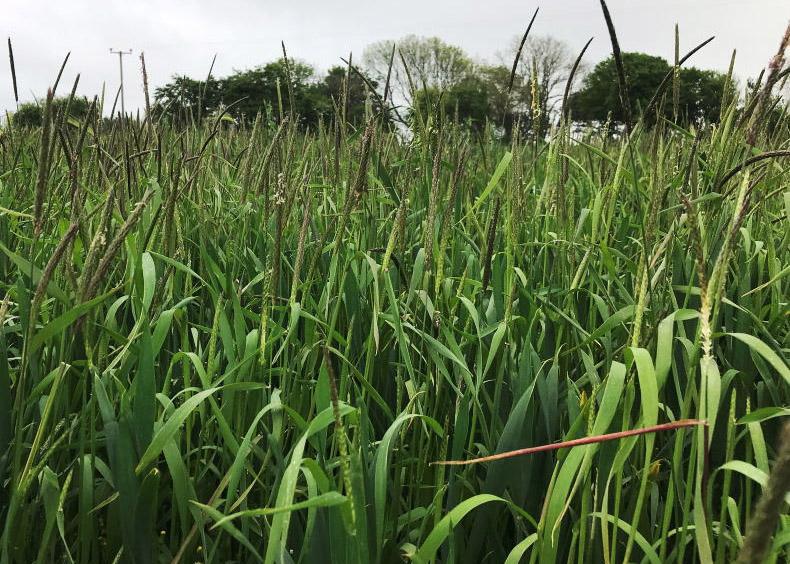

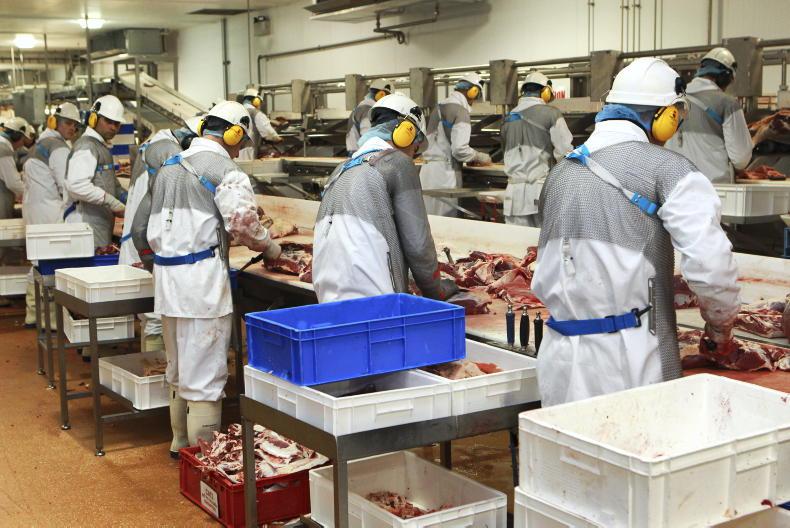
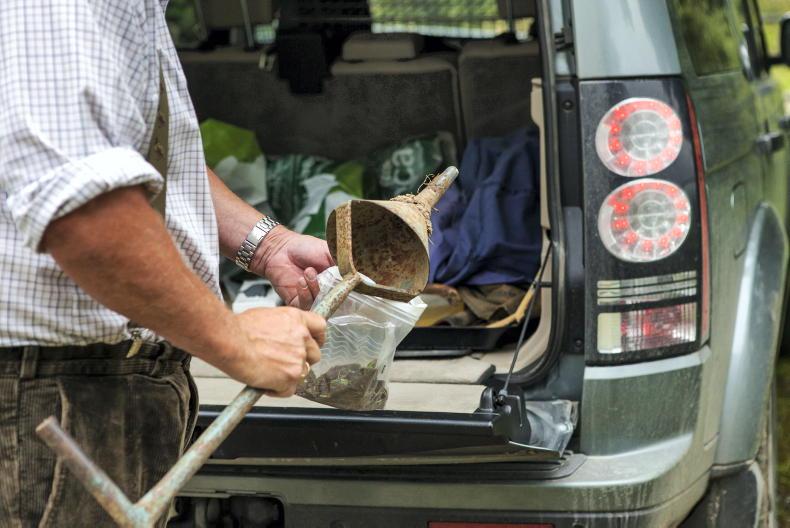
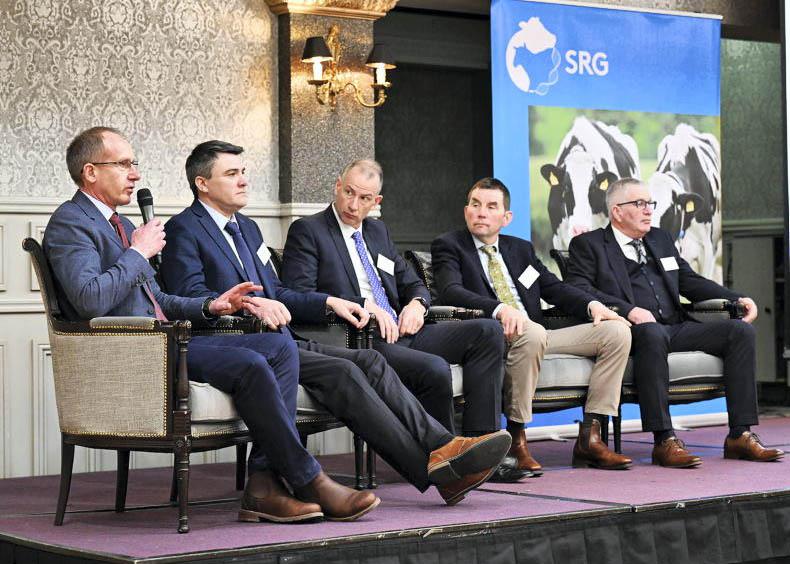
SHARING OPTIONS